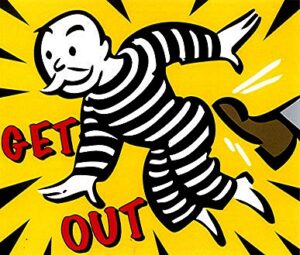
Executors obligation cannot just idly stand by and allow estate assets to deteriorate or waste- the executor and trustee has a duty of care to mange and preserve the estate assets.
The legal test is as follows:
The traditional standard of care of an executor/trustee is “that of a man of ordinary prudence in managing his own affairs” (Fales v. Canada Permanent Trust Co., [1977] 2 S.C.R. 302, at para. 32). At paragraph 34, Dickson J. (as he was then) explains that:
“[e]very trustee has been expected to act as the person of ordinary prudence would act. This standard, of course, may be relaxed or modified up to a point by the terms of a will…[b]ut however wide the discretionary powers contained in the will, a trustee’s primary duty is preservation of the trust assets, and the enlargement of recognized powers does not relieve him of the duty of using ordinary skill and prudence, nor from the application of common sense.”
Scott on Trusts, 3rd ed. (page 1501) (“Scott”) states that “[i]n determining whether the trustee is acting within the bounds of a reasonable judgment the following circumstances may be relevant:
- the extent of discretion intended to be conferred upon the trustee by the terms of trust;
- the existence or non-existence, the definiteness or indefiniteness, of an external standard by which
- the reasonableness of the trustee’s conduct can be judged;
- the circumstances surrounding the exercise of the power;
- the motives of the trustee in exercising or refraining from exercising the power;
- the existence or non-existence of an interest in the trustee conflicting with that of the beneficiaries.”
Scott also states that “where a trustee is granted powers which are to be exercised at his discretion, the court traditionally will not interfere unless the trustee has not turned his mind to the exercise of his discretion or has acted unfairly or in bad faith”.
In Re: McDonald Estate, 2012 ABQB 704, the Alberta Queen’s Bench provides that if a trustee fails to meet the standard of care, he or she will “generally be held accountable and liable for any loss resulting from the breach, and must place the trust estate in the same position as it would have been in if no breach had been committed.” Similarly, if the assets of an estate have been damaged or wasted, “the beneficiary’s remedy is against the executor in the context of an action for breach of fiduciary duty or a challenge to the executor at the passing of accounts.” (at para. 85)




